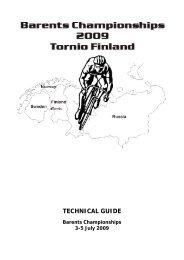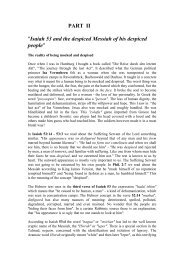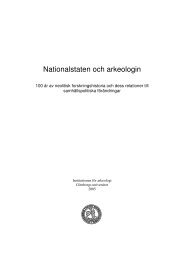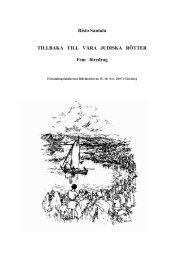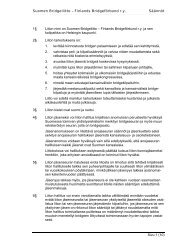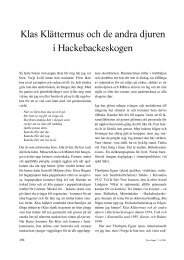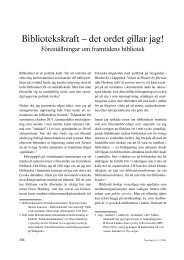Struggles for Sustainable Urban Development in Cochabamba, Bolivia
Struggles for Sustainable Urban Development in Cochabamba, Bolivia
Struggles for Sustainable Urban Development in Cochabamba, Bolivia
You also want an ePaper? Increase the reach of your titles
YUMPU automatically turns print PDFs into web optimized ePapers that Google loves.
illegal <strong>in</strong>crements <strong>in</strong> mass transit is <strong>in</strong>deed a major reason beh<strong>in</strong>d transport problems <strong>in</strong> the<br />
city. The situation is similar to other <strong>Bolivia</strong>n cities. In La Paz, public transport has illegally<br />
<strong>in</strong>creased 70 per cent, says the newspaper La Razón (February 19, 2002).<br />
Distortions <strong>in</strong> supply and demand<br />
Often there has been demand <strong>for</strong> <strong>in</strong>creas<strong>in</strong>g the number of public transport vehicles or<br />
alter<strong>in</strong>g the routes. City neighbourhoods have sometimes expressed demands <strong>for</strong> a better<br />
transport service. For example, <strong>in</strong> May 2002 a conflict emerged between public transport<br />
drivers and the Pampa Grande neighbourhood. Residents of the neighbourhood had asked<br />
one of the mass transit routes to extend its service to their area. It was not because they<br />
weren’t served by mass transit, but because the current routes visit<strong>in</strong>g their area provided<br />
poor service and didn’t pick up school children because of their discounted tariff. This<br />
ultimately led <strong>in</strong>to a conflict where drivers of the ‘official’ routes blocked the extended route<br />
and started throw<strong>in</strong>g rocks at the vehicles that had extended their route. The people of the<br />
neighbourhood came out on the streets to deter the rock-throw<strong>in</strong>g drivers. (Los Tiempos<br />
May 9, 2002)<br />
Although it would be easy to criticise the drivers <strong>for</strong> break<strong>in</strong>g the rules and be<strong>in</strong>g<br />
responsible <strong>for</strong> the chaos, there are grounds <strong>for</strong> criticism towards the plann<strong>in</strong>g authorities as<br />
well. Perhaps the municipal government has not kept up with transport demand by assign<strong>in</strong>g<br />
new routes and vehicles. As Armstrong-Wright (1993) expla<strong>in</strong>s, excessive bus operation<br />
licens<strong>in</strong>g conditions result <strong>in</strong> <strong>in</strong>hibition of necessary expansion of the service or regulations<br />
be<strong>in</strong>g disregarded under market pressure. The latter is what seems to be occurr<strong>in</strong>g <strong>in</strong><br />
<strong>Cochabamba</strong>. However it is also important to keep <strong>in</strong> m<strong>in</strong>d that the dire economic situation<br />
22



